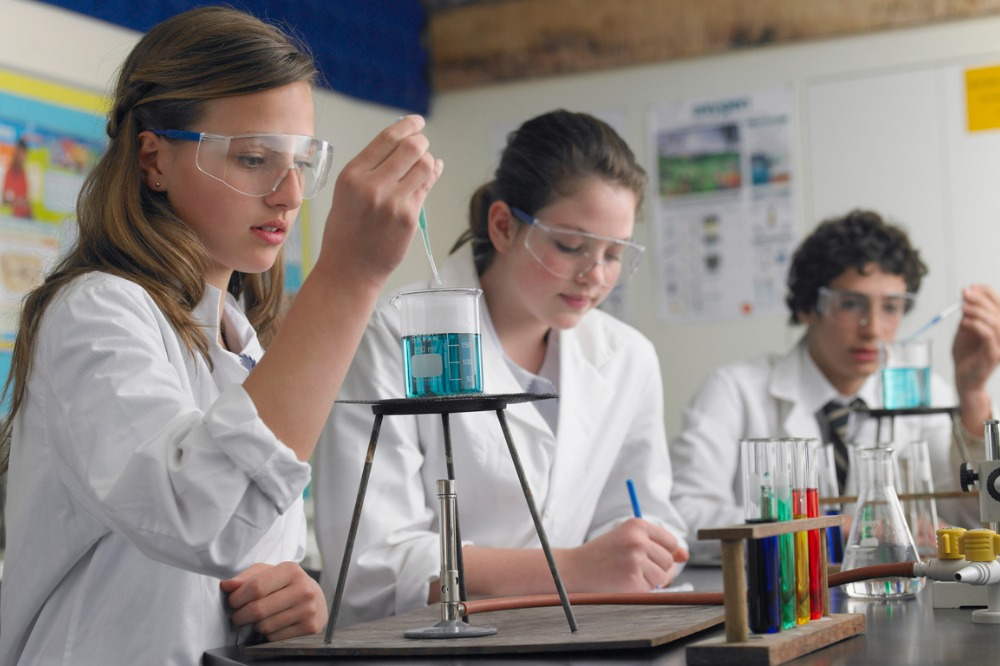
On Wednesday, ACARA released the 2023 NAP Science Literacy Public Report, showing that overall science scores remain steady since the last assessment undertaken six years ago.
2023 National Assessment Program – Science Literacy (NAP–SL) Report shows that, at the national level, results have remained broadly stable since the last assessment undertaken six years ago, with 57% of Year 6 students attaining the proficient standard compared to 58% in 2018. In Year 10, 54% of Year 10 students attained the proficient standard compared to 50% in 2018.
“Science is one of the cornerstones of 21st century society. It drives technological change, improves our quality of life and helps us understand the world around us,” ACARA’s Acting CEO Stephen Gniel said.
“Therefore, it’s critical we are arming Australian students with the science literacy necessary not only to be able to participate as active citizens in our ever-advancing technological society, but also to help overcome its challenges, minimise its risks and contribute to its development.”
While the latest data from ACARA suggests Australian students are resilient despite the challenges they’ve faced since the last assessment in 2018, the report’s authors found that serious disparities remain for some groups.
In 2023, the gap between Indigenous and non-Indigenous students achieving the proficient standard in Year 6 remained at 24 percentage points and widened to 27 points in Year 10. Just 34% of Indigenous Year 6 students and 28% of Indigenous Year 10 students met the proficient standard.
The report also found that science literacy increased with higher parental occupation and education levels, creating significant differences between the highest and lowest groups. Perhaps unsurprisingly, metropolitan students had higher science literacy than regional or remote students in both Years 6 and 10.
‘Seriously concerning’
Following the release of ACARAs report on Wednesday, the Australian Academy of Technological Sciences and Engineering (ATSE) called for a “multi-pronged” approach by State, Territory, and Federal Governments to lift the status of science in the curriculum and support STEM teachers.
“This report is seriously concerning, particularly at a time when we’re working to support Australia’s ambitions for clean power, advanced manufacturing and next-generation computing,” ATSE CEO Kylie Walker said in a statement.
“State education departments can reverse this failure of attainment by meaningfully supporting time-poor teachers to deliver effective and engaging science and maths education across primary and secondary schools.”
Walker said Australian governments also need to “back and scale up proven, hands-on approaches to empowering students to enjoy and learn science and engineering.”
“The report also showed that students who believe that science has a strong influence on society tended to have higher levels of science literacy,” she said. “This kind of connection can be enhanced through story-telling and role-modelling, and should be leveraged to strengthen students’ interest in STEM careers.”
Walker said lifting STEM participation should be inclusive of underrepresented people, including girls, Aboriginal and Torres Strait Islander students, and students with disabilities.
“Resources such as ATSE’s STELR program, which provides equipment, curriculum resources and teacher support, will be critical in enhancing students’ engagement, fulfilment, and ultimately attainment in STEM.”
